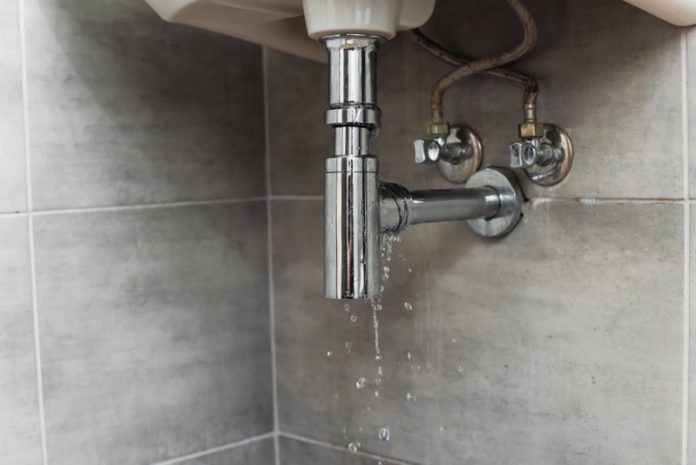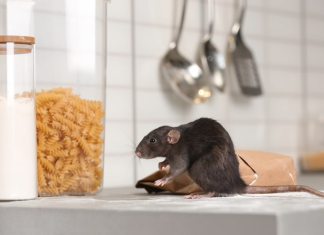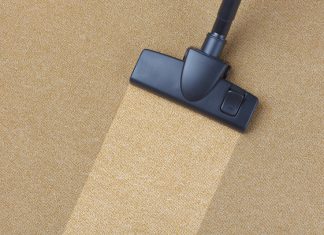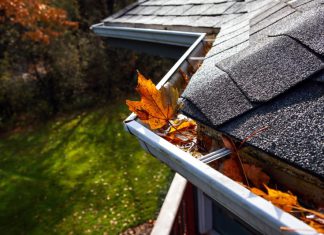Are you faced with a plumbing problem and asking yourself, should I DIY this? This perennial query is a shared predicament among homeowners. Arriving at the right decision can not only save your precious time and money, but it might also spare your home from further damages. This informative piece aims to dispel any confusion and serves as a detailed guide helping homeowners make calculated, smart choices about plumbing maintenance. Get ready to unravel the grey area between DIY and professional plumbing services as we delve deeper into the subject in this comprehensive article.
Understanding Basic Plumbing System
A well-functioning plumbing system is the backbone of any household, ensuring the smooth running of daily routines. It is a complex structure consisting of an interconnected network of drains, pipes, valves, and other plumbing fixtures. But don’t let its complexity intimidate you! With a minimal understanding of the system and routine check-ups, you can keep it running efficiently. Common plumbing issues range from minor niggles like leaky faucets and clogged drains to major problems such as blockages in sewer lines or water supply disruptions. Keep in mind that not all tasks demand a professional’s touch, and you can take care of some smaller issues independently.
When to DIY: Simple Plumbing Fixes
It doesn’t always require an expert to fix common household plumbing snags. A little patience, research, and the right set of tools can help you manage simple issues like leaky taps, clogged toilets, or running toilets. However, it’s essential to exercise caution and be aware of safety measures while handling these tools. It’s advisable to use protective wear like gloves and goggles, keep a first aid kit handy, and most importantly, know when it’s time to retreat and call in the experts. More than anything, embarking on a DIY plumbing journey helps unravel the technical aspects of your household infrastructure, leading to potential savings and invaluable learning. But remember, safety first! If you’re unsure, don’t hesitate to ask a professional.
When to Call a Pro: Complex Plumbing Repairs
While DIY plumbing fixes are cost-effective and educational, complex issues necessitate professional help. Problems such as persistent low water pressure, ongoing odours or noises, sewer backups, frozen pipes, water heater troubles, or any untrusted leak can be indicative of more profound plumbing disorders that a homeowner isn’t equipped to handle. Unaided attempts to repair these can lead to worsening of the issues, possibly resulting in significant repairs or replacements. Hence, these scenarios demand the experience and proficiency of a professional, licensed plumber who understands the nuances of plumbing systems. Need help? Don’t hesitate to ask a professional! It’s better to be safe than sorry and avoid costly mistakes.
Tips for Choosing the Right Plumbing Professional
Hiring a plumbing professional shouldn’t be a decision made in haste. It’s crucial to do a background check on their credentials and ascertain their level of experience. Ask for proof of their certification and proper insurance coverage to guard against any unfortunate events during the repair process. When comparing rates, ensure you consider the entire package being offered, including their expertise, the quality of materials used, and warranty. Sometimes, creating a long-term professional relationship with one plumber who understands your home’s plumbing infrastructure and history can be more beneficial than shopping around every time an issue arises. Remember, qualified professionals are worth the investment.
Preventive Measures: How to Avoid Common Plumbing Issues
Prevention is better than cure, and it holds true with your household’s plumbing system. Regular maintenance like cleaning your drains routinely, inspecting your plumbing system for any minor leaks, and keeping a watchful eye for early signs of plumbing issues can help you avoid significant headaches later. Develop plumbing-friendly habits, like operating fixtures and appliances gently, knowing where your emergency cut-off valve is, and not flushing unsuitable items down the toilet. Remember, an ounce of prevention is worth a pound of cure. Many resources are available online and in literature to help homeowners understand and undertake preventive measures. But if you need help understanding or implementing these measures, don’t hesitate to ask a professional!
Conclusion
In conclusion, smart homeowners know when to roll up their sleeves and when to call an expert. A careful balance between DIY enthusiasm and professional intervention is key to maintaining the plumbing system’s health in your home. The core foundation of these smart decisions lies in education, self-awareness, and understanding your limitations when it comes to plumbing knowledge and skills. So, need help? Don’t hesitate to ask a professional. A preventive approach – powered by regular inspections and servicing – can keep most common plumbing problems at bay. If you’ve found value in this read, why not pass it on to help others navigate their way through the complex world of plumbing maintenance choices?















